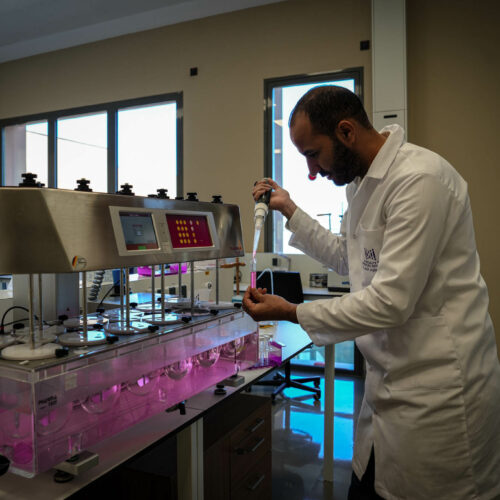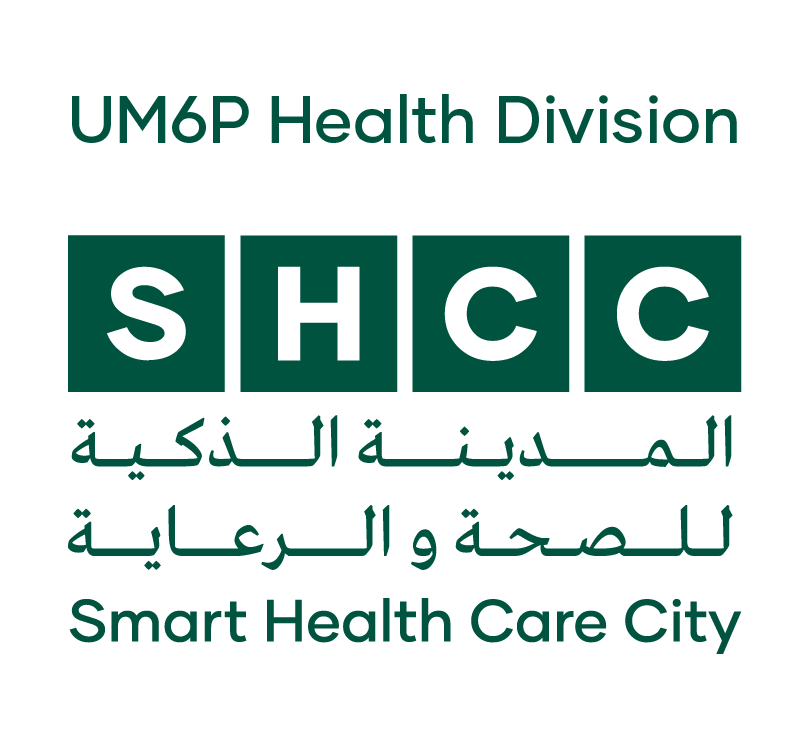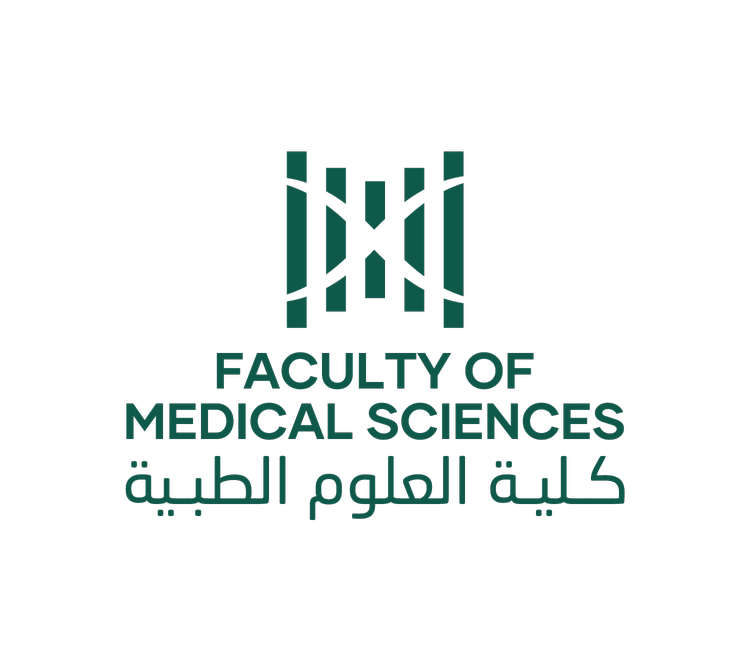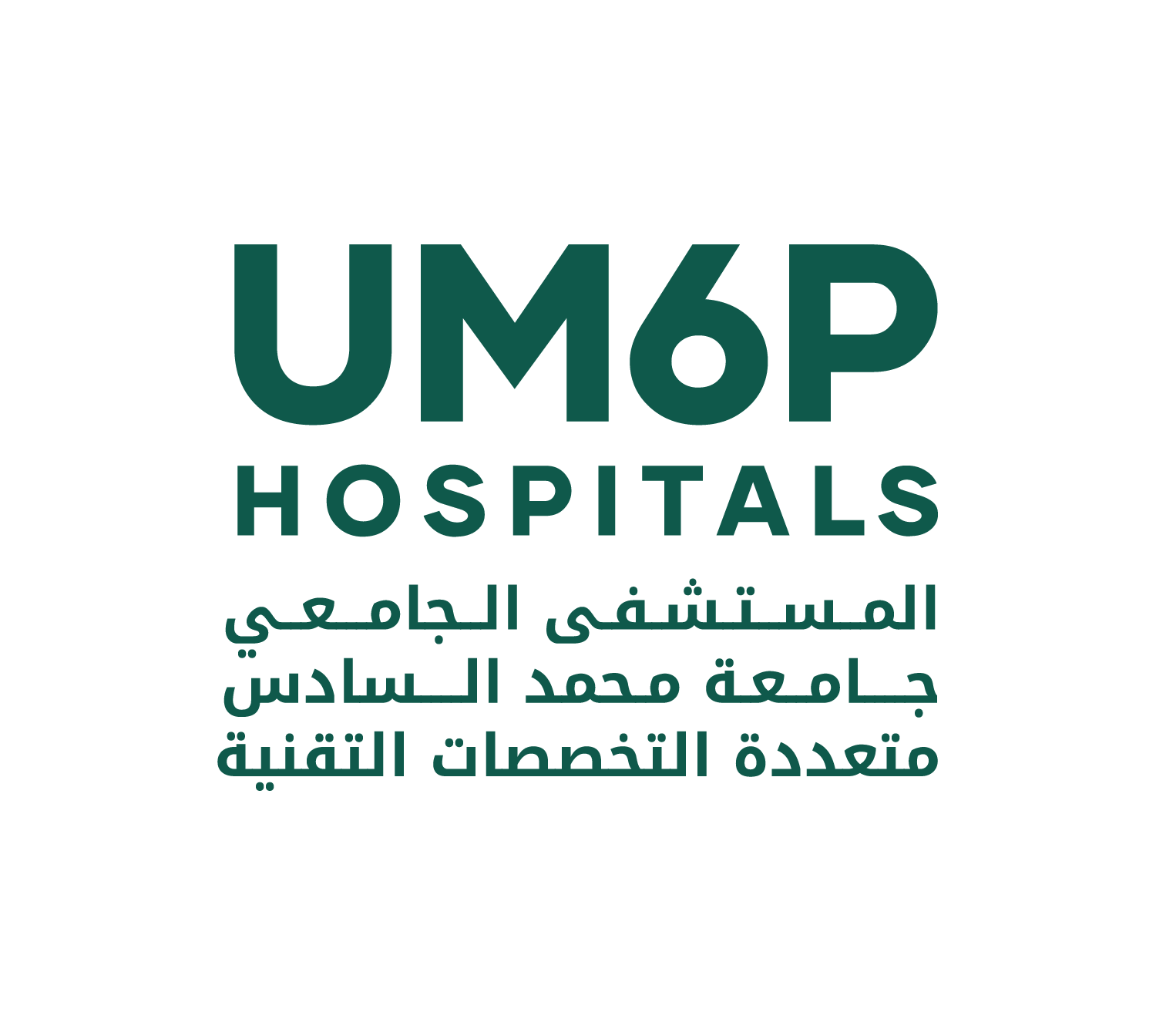Objective
_
To meet the growing needs of pharmaceutical companies in terms of development and innovation, the UM6P – Faculty of Medical Sciences aims to train a generation of pharmacists with advanced research skills.
To this end, the faculty offers a Doctorate in pharmacy to students wishing to pursue a pharmaceutical career. We aspire to prepare pharmacy professionals ready to engage in advanced research activities, supporting the dynamic development of the pharmaceutical industry.
To this end, the faculty offers a Doctorate in pharmacy to students wishing to pursue a pharmaceutical career. We aspire to prepare pharmacy professionals ready to engage in advanced research activities, supporting the dynamic development of the pharmaceutical industry.
Our commitment goes beyond the acquisition of skills, we aim to prepare graduates to make a positive impact on global health on an international scale.
Choose pharmaceutical studies at the UM6P-Faculty of Medical Sciences, where the training integrates academic discipline with the practical experience of the pharmaceutical sector.
Choose pharmaceutical studies at the UM6P-Faculty of Medical Sciences, where the training integrates academic discipline with the practical experience of the pharmaceutical sector.
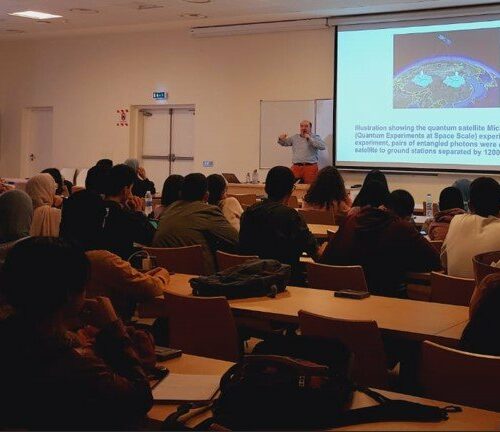
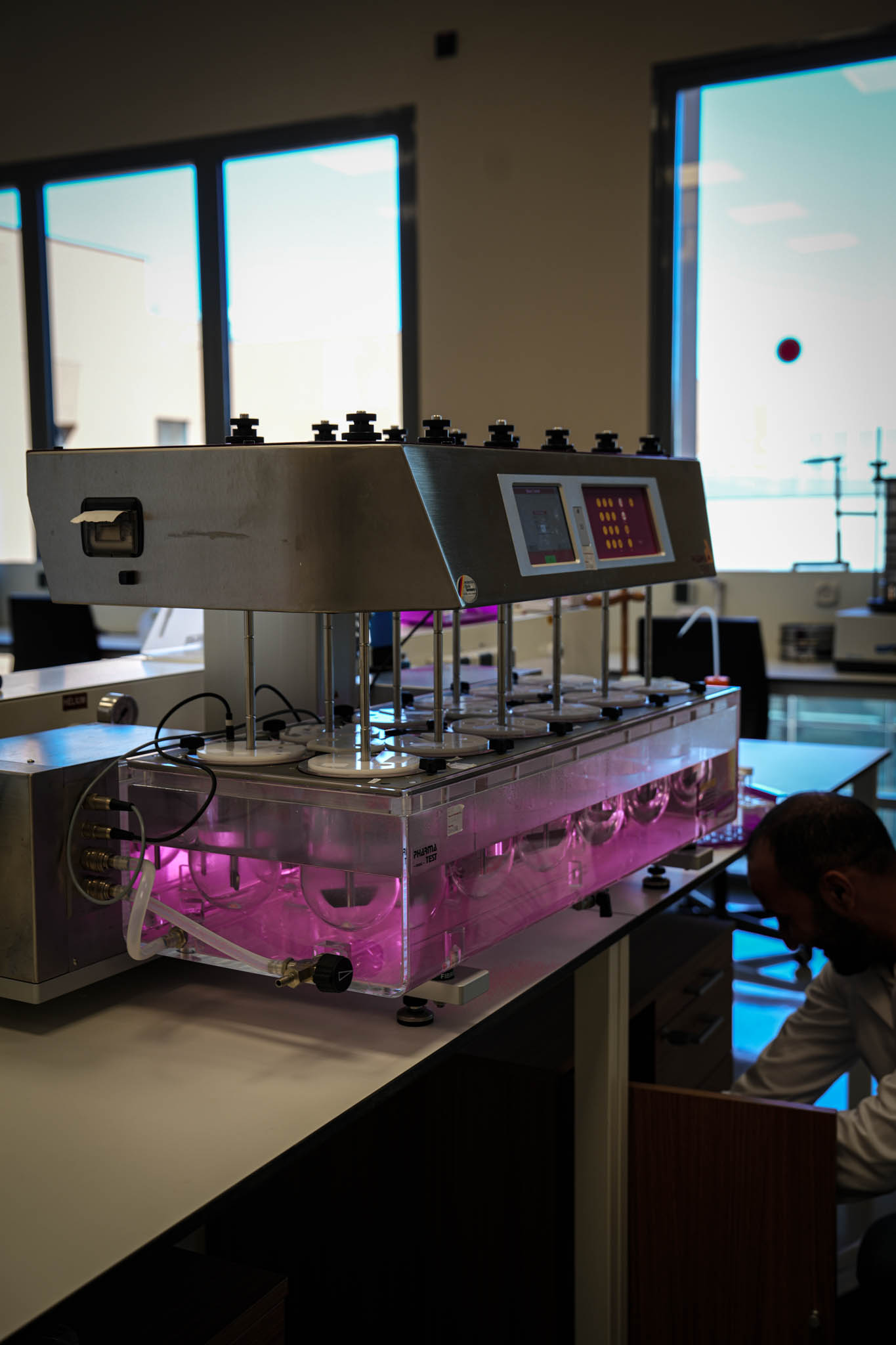
Postgraduate career opportunities
_
Graduates with a Doctorate in Pharmacy will have the opportunity to work in a variety of sectors, including:
• Industrial pharmaceutical companies
• Hospital pharmacies
• Pharmaceutical dispensaries
• Pharmaceutical wholesale companies
• Clinical departments
Doctor of Pharmacy graduates can also continue their academic studies as :
• Medical biologists, hospital pharmacists pharmaceutical industrialists
• Teachers
• Hospital pharmacies
• Pharmaceutical dispensaries
• Pharmaceutical wholesale companies
• Clinical departments
Doctor of Pharmacy graduates can also continue their academic studies as :
• Medical biologists, hospital pharmacists pharmaceutical industrialists
• Teachers
• Researchers
•Researchers through the doctoral path (UM6P-CEDOC)
•Researchers through the doctoral path (UM6P-CEDOC)
Competencies Acquired
_
Strategic:
• Evaluate positive and negative aspects of medical practice.
• Implement public health policy.
• Ensure Continuity of Care – Ensure access to quality medicines in all situations.
• Manage finances and pharmaco-economics considerations.
Technical:
• Pharmaceutical management – planning and monitoring all pharmaceutical activities.
• Design and quality control – Involvement in the design, manufacture, and quality control of medicines.
• Manage and ensure the quality of pharmaceutical products and medical products.
• Pharmaceutical Care – Provide pharmaceutical care to improve the quality of life.
Relational:
• Health Promotion – helping to improve health and wellbeing.
• Personalized Care – Contributing to personalized patient care.
• Social engagement and patient interaction – playing a social role through effective patient interaction.
• Patient orientation – referring patients to other healthcare professionals.
• Information and Promotion – Providing information and promoting healthcare products.
• Evaluate positive and negative aspects of medical practice.
• Implement public health policy.
• Ensure Continuity of Care – Ensure access to quality medicines in all situations.
• Manage finances and pharmaco-economics considerations.
Technical:
• Pharmaceutical management – planning and monitoring all pharmaceutical activities.
• Design and quality control – Involvement in the design, manufacture, and quality control of medicines.
• Manage and ensure the quality of pharmaceutical products and medical products.
• Pharmaceutical Care – Provide pharmaceutical care to improve the quality of life.
Relational:
• Health Promotion – helping to improve health and wellbeing.
• Personalized Care – Contributing to personalized patient care.
• Social engagement and patient interaction – playing a social role through effective patient interaction.
• Patient orientation – referring patients to other healthcare professionals.
• Information and Promotion – Providing information and promoting healthcare products.
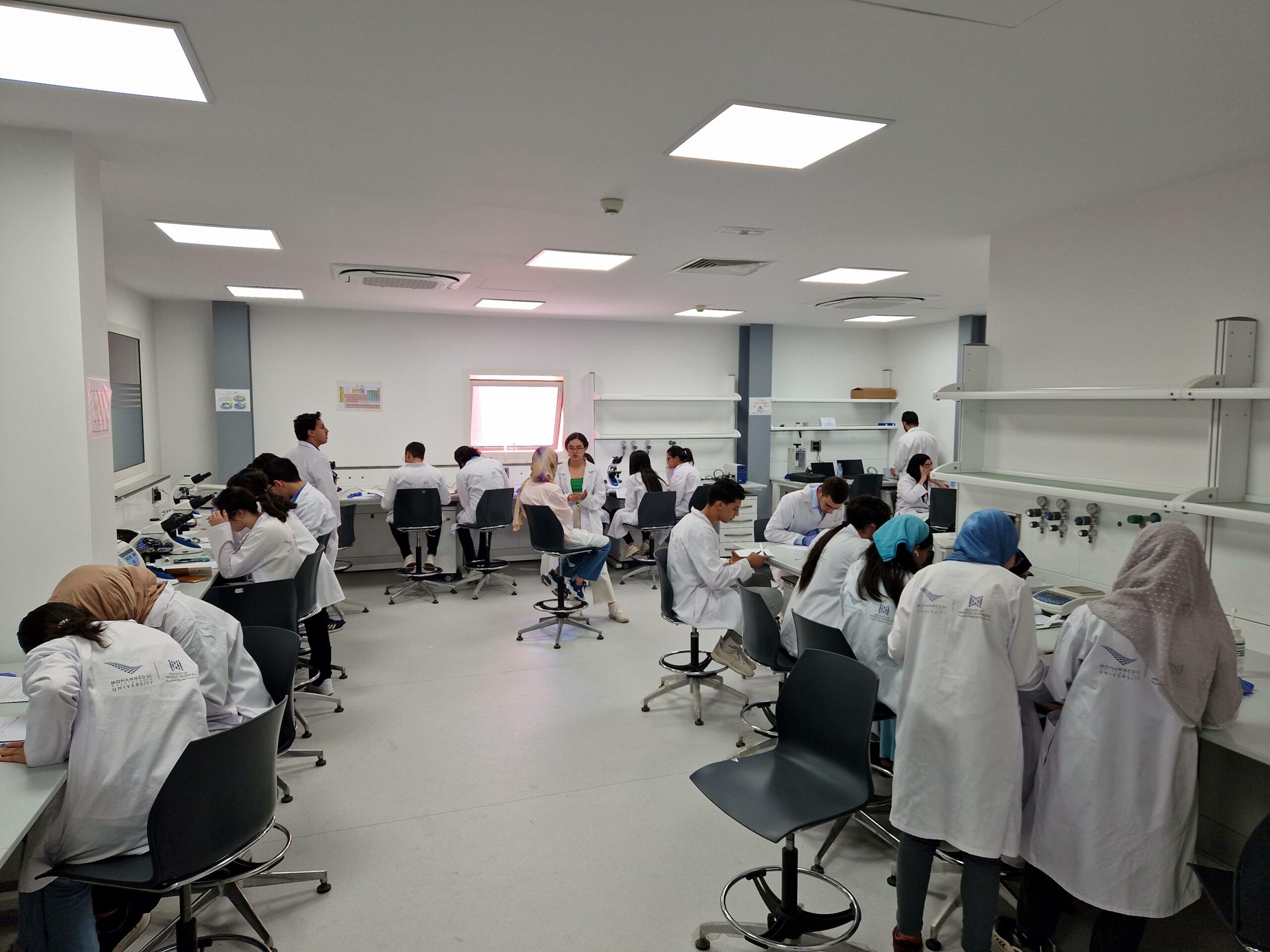
Educational Programme
The Doctor of Pharmacy is a 6-year intensive program of theoretical courses, training and advanced research. Students work closely with prestigious professors and have access to the highest technological facilities.
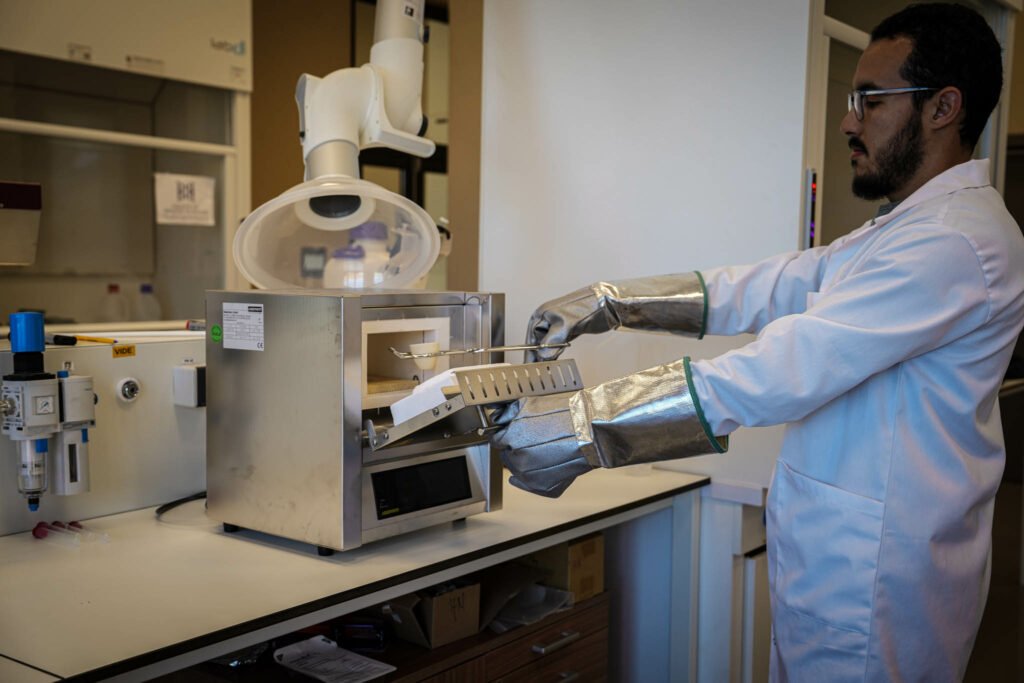
Year 1
_
• Cell biology • Physical and mathematical bases of pharmaceutical sciences part I • General Chemistry of Pharmaceutical Sciences • Introduction to Pharmaceutical sciences • Statistics • Public Health • English language • Physical Basics of Pharmaceutical Sciences, Part II • Biophysics • Organic Chemistry I • Introduction to Human Anatomy • Histology – Embryology • Analytical Chemistry I • English
_
Year 2
• Organic Chemistry II • General immunology • Structural biochemistry • Microbiology • Botanical introduction to pharmacognosy • General physiology • Data Science I • Plant physiology • Molecular biology • Bioorganic Chemistry and Spectral Analysis • Cryptogamy • Analytical Chemistry II • Introduction to the drug delivery system • Data Science II • Officine internship
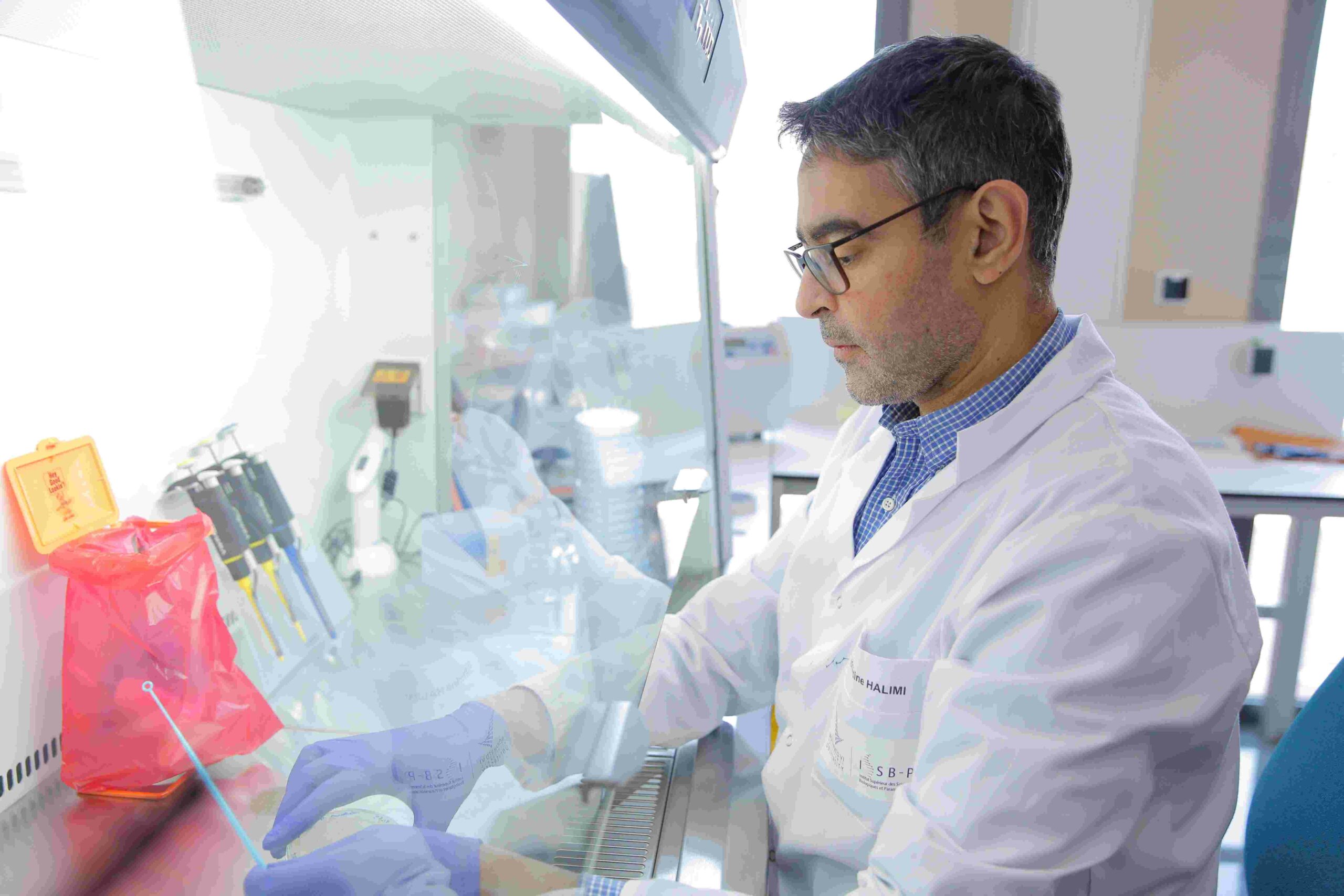
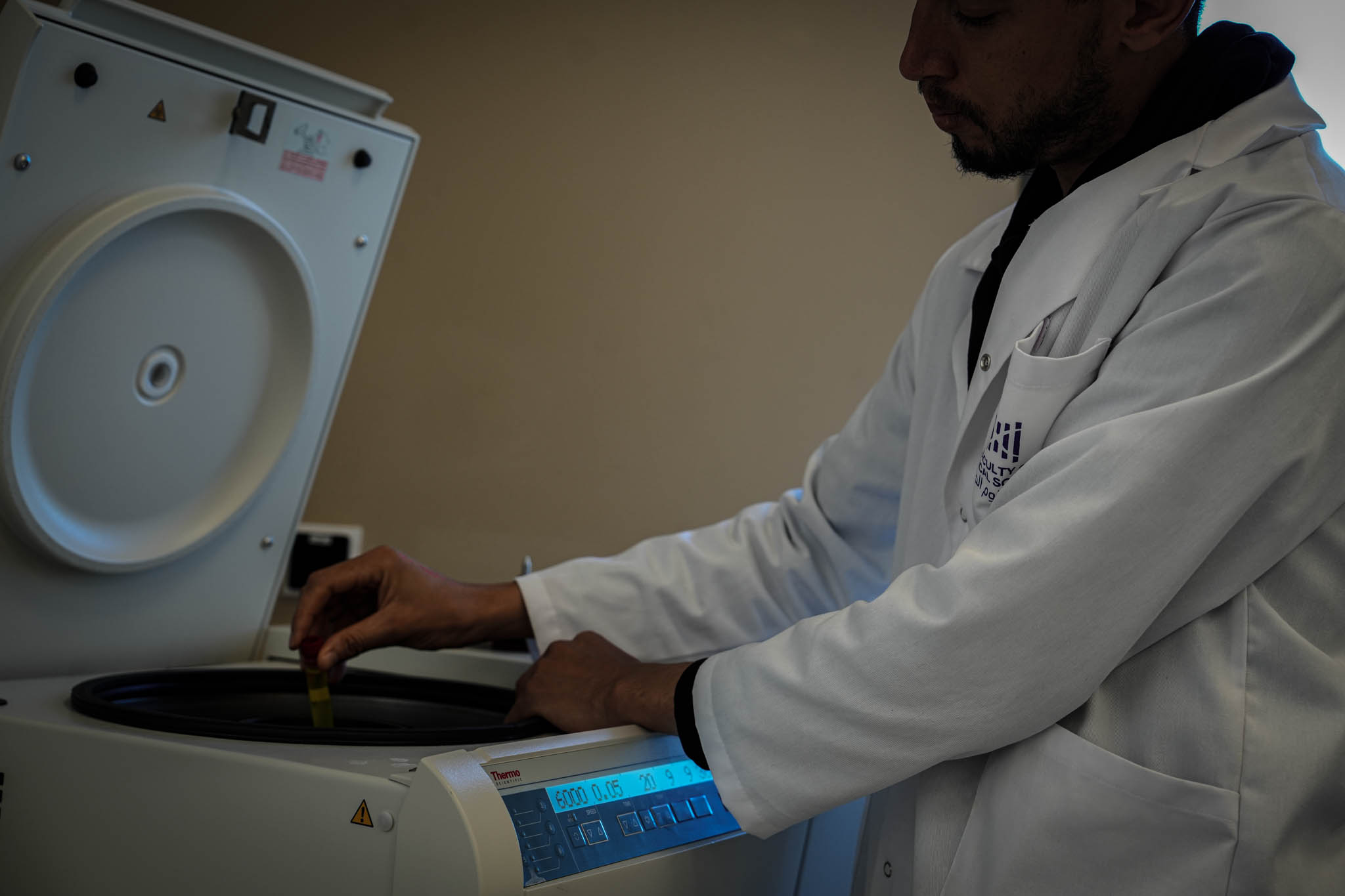
Year 3
_
• Pharmacognosy I
• Physicochemical principles applied to pharmaceutical technology.
• Medical semiology
• Biochemistry, metabolism and bioenergetics
• General pharmacology
• Social medicine, public health and psychology
• Pharmaceutical Technology and Biopharmacy I
• Special pharmacology I
• Pharmacokinetics
• Pharmaceutical Chemistry I
• Toxicological Chemistry I
• Parasitology, Mycology and Virology
• General pathology
Year 4
_
• Hydrology & bromatology
• Surgical semiology
• Pharmaceutical Chemistry II
• Toxicological Chemistry II
• Special Pharmacology II
• Pharmacotechnics: Advanced Drug Delivery Systems
• Pharmacognosy II
• pre instrumental biochemistry
• Pharmacotherapy and pharmaceutical care
• Pharmaceutical Technology and Biopharmacy II
• Drug analysis
• Clinical chemistry
• Fundamental Hematology
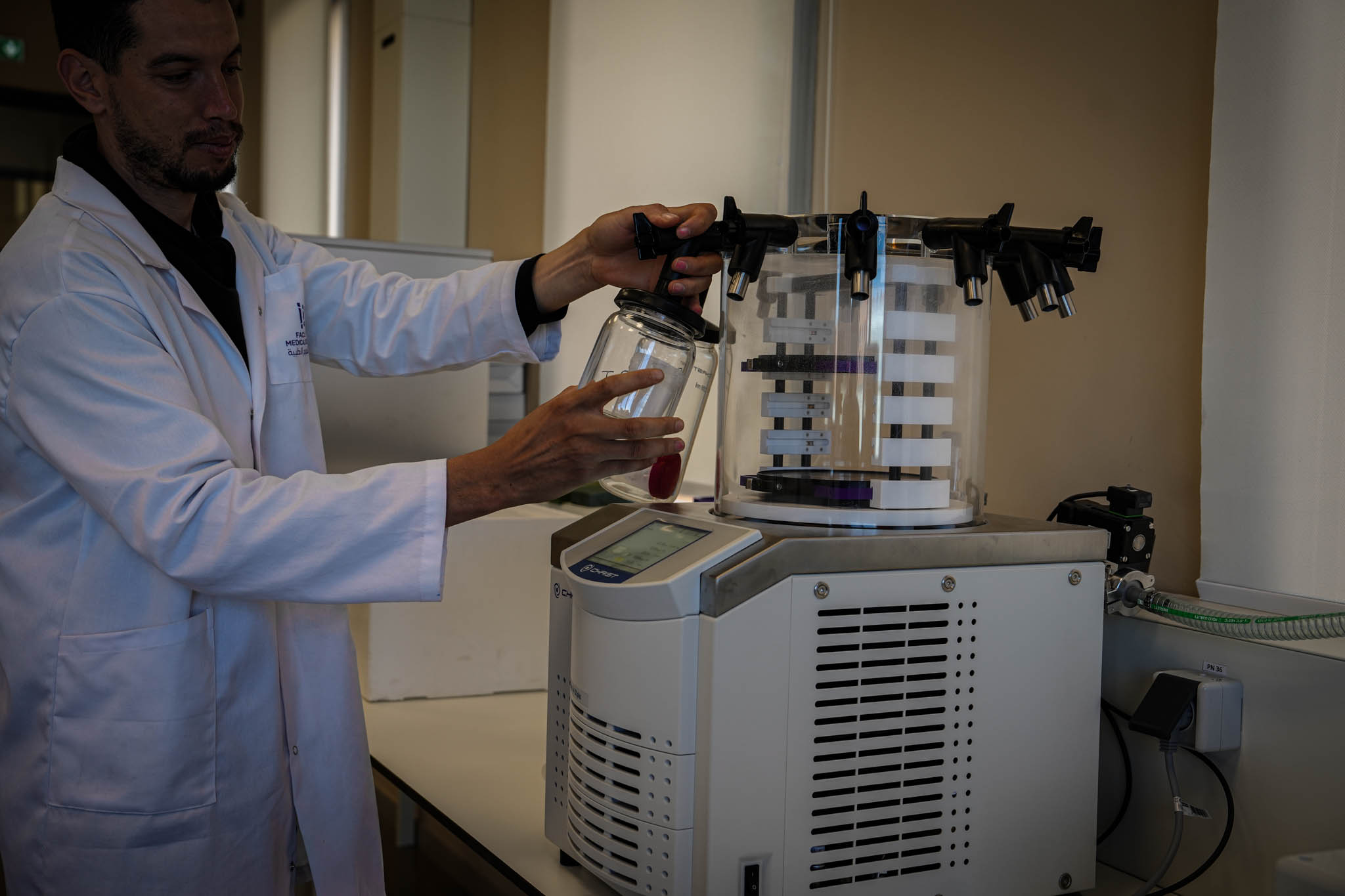
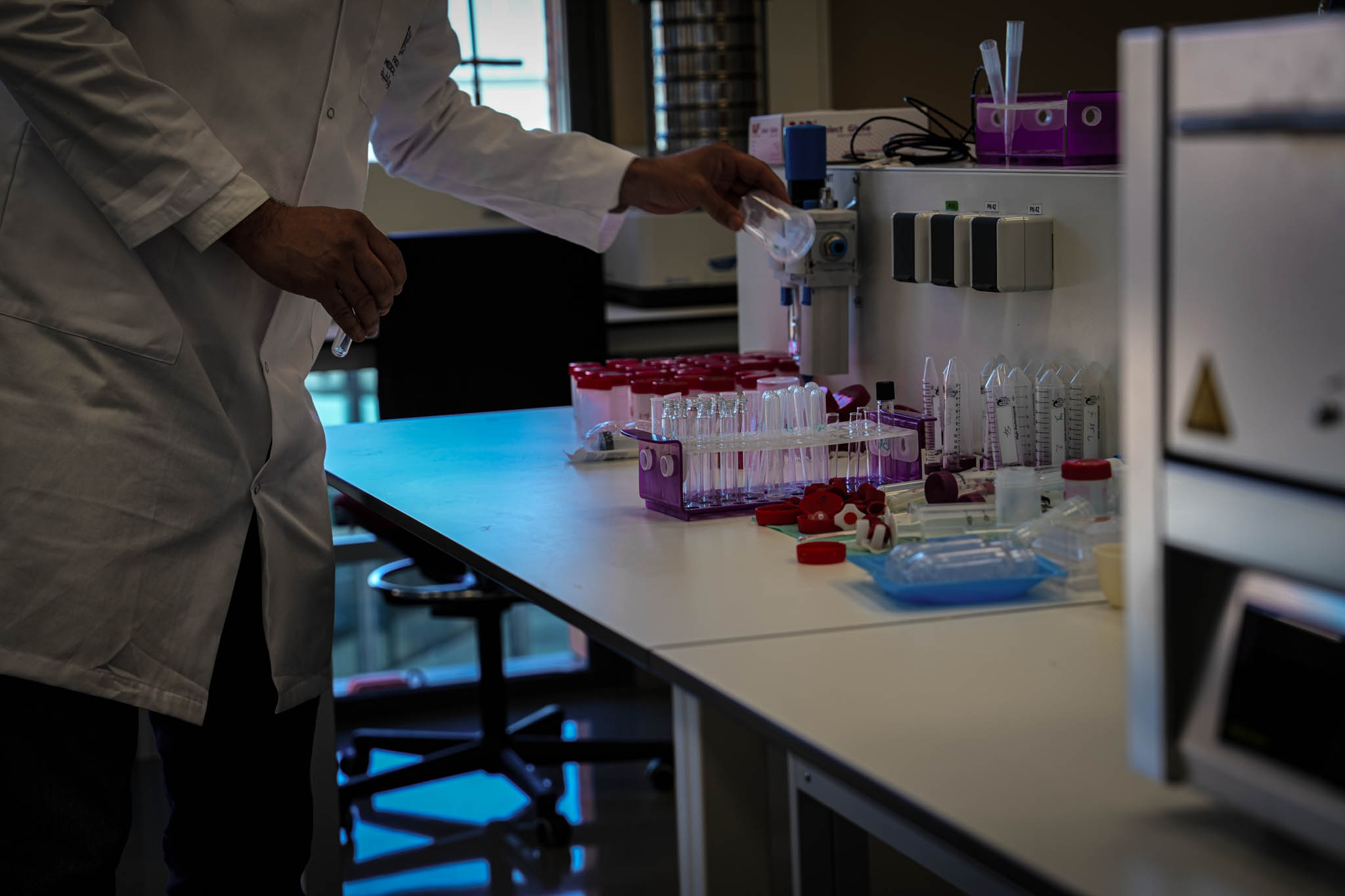
Year 5
_
• Technology of cosmetic forms
• Advanced Pharmacy Seminars
• Critical approach to medical and pharmaceutical information
• Infectiology, hygiene
• Therapeutic approach
• Hospital internship
• Pharmacoeconomics, pharmaceutical industry and supply chain
• Specialization workshop in pharmacy
• Non pharmacological interventions
• Clinical pharmacy workshop
• Pharmaceutical law
Year 6
_
• Professional internship
• Pharmacy practice course
• Industrial internship
• Internship in a medical biology analysis laboratory
• Internship in pharmaceutical and clinical hospital departments
